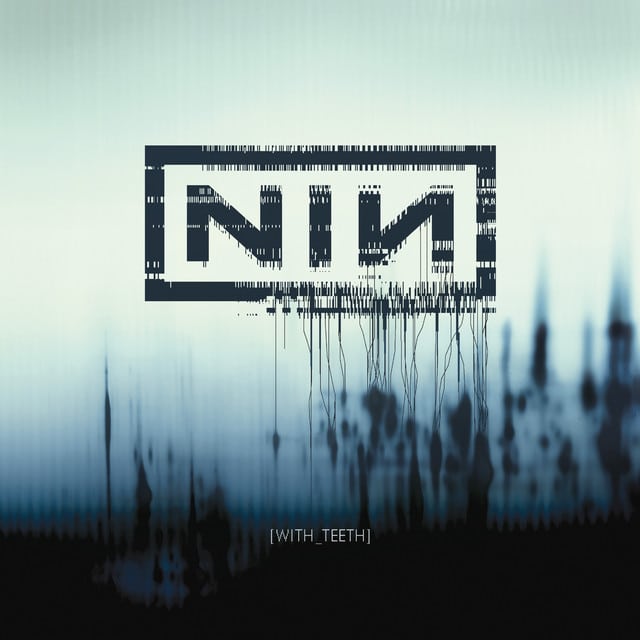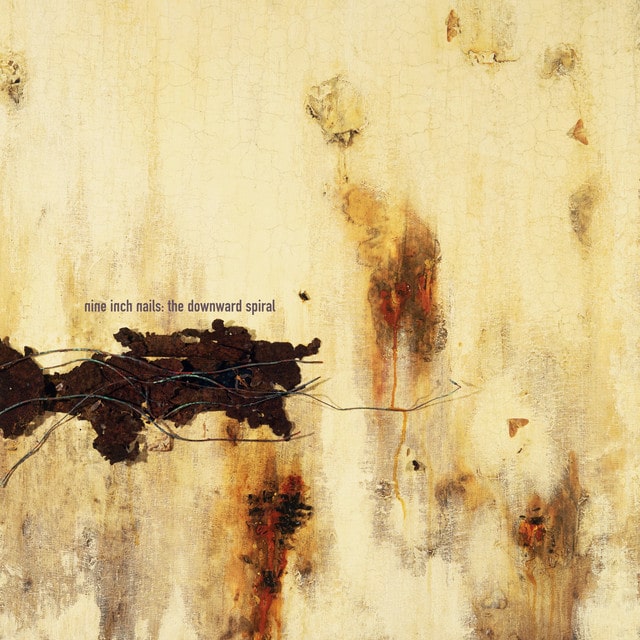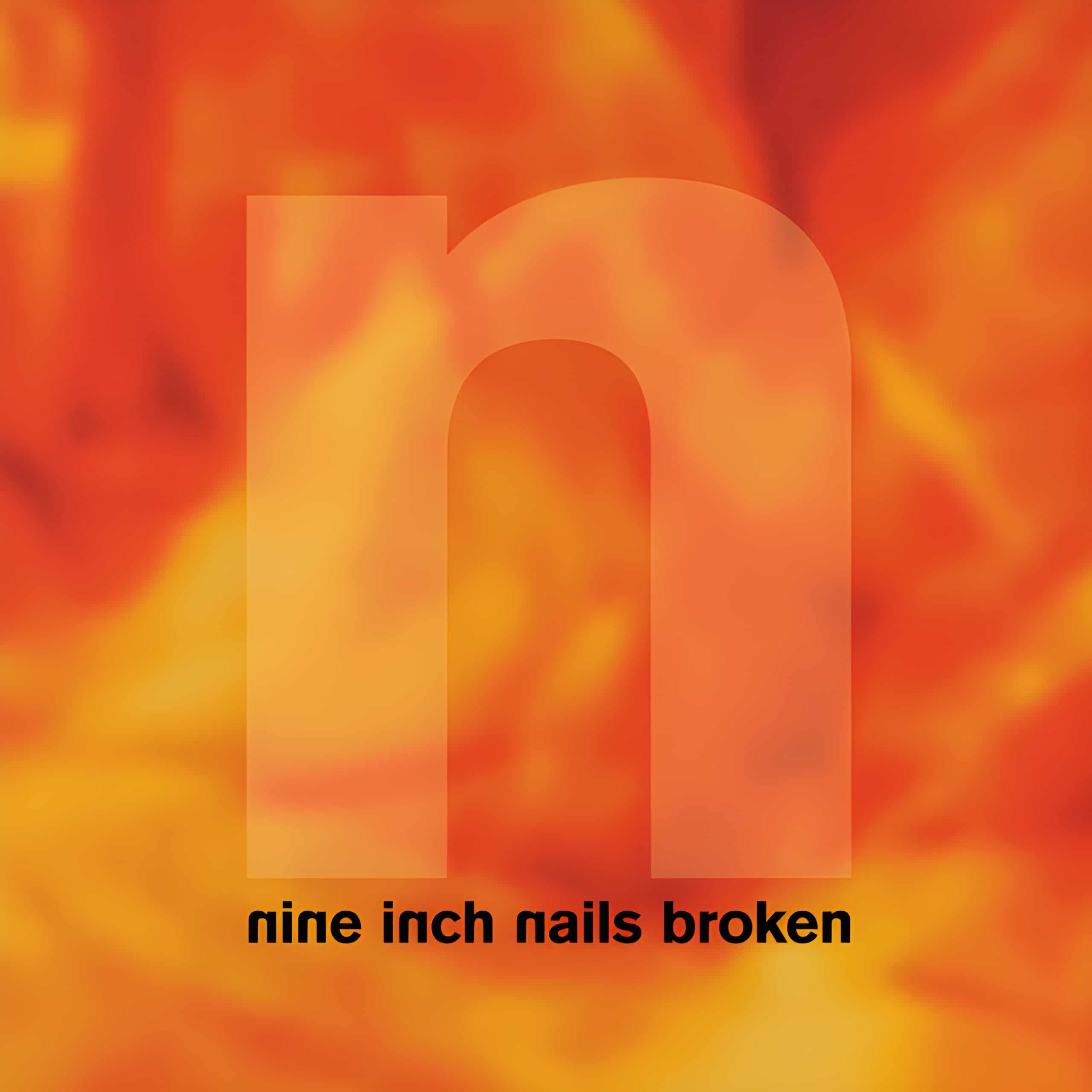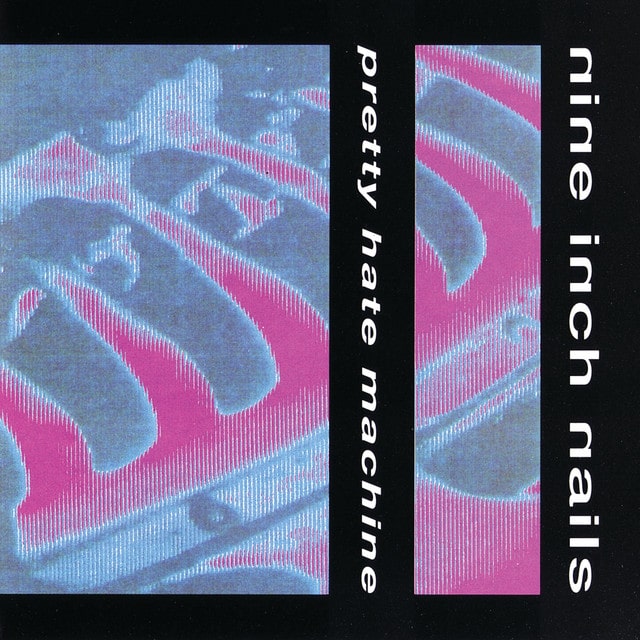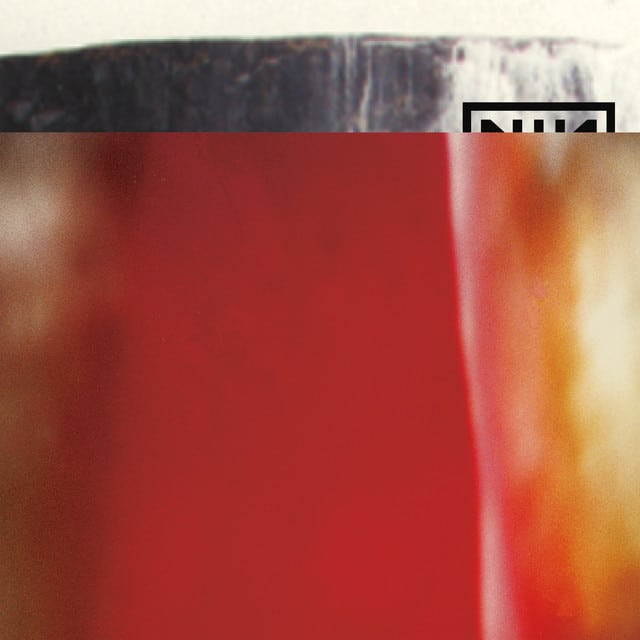Released: 2005
“The Hand That Feeds” by Nine Inch Nails isn’t just a song; it’s a fierce outcry against complacency and blind conformity, wrapped in the electrifying trappings of industrial rock. This track delves into the internal conflict of following authority unthinkingly, versus the primal urge to challenge and rebel against the controlling forces in society. It’s a rallying cry for individual thought, a sceptical jab at the systems that uphold societal norms, urging listeners to question rather than accept the status quo.
The opening lines of the song set the stage, describing someone who marches in line, chin up, seemingly proud and self-assured. However, this façade masks a dark reality – their heart is “black and hollow and cold.” This vivid imagery speaks to the dissonance between outward obedience and internal despair, highlighting the emotional and ethical toll of conformity. Trent Reznor, the mastermind behind Nine Inch Nails, is painting a picture of a person who does what they’re told without questioning, leading to a loss of inner warmth and morality.
The chorus then bursts in with a series of provocative questions: “Just how deep do you believe? Will you bite the hand that feeds? Will you chew until it bleeds? Can you get up off your knees?” These questions are a direct challenge to the listener’s passive acceptance of authority. “Biting the hand that feeds” is a colloquial expression for acting against one’s benefactor – in this context, it symbolizes the act of questioning or rebelling against the controlling powers or societal norms that sustain you. Reznor is questioning the depth of our beliefs and whether we’re willing to challenge those in power, even if it means risking our own comfort or safety.
The song moves on to ponder the legitimacy of societal crusades and norms, suggesting they might be a “charade” with a hidden agenda. The mention of “blood” that we “dine” on being “justified in the name of the holy and the divine” suggests a critique of how religion and morality are often manipulated to justify violence and oppression. This stanza beckons us to look beyond the facade of righteousness, to question the true cost and motive behind what we’re told is just and holy.
In an almost confessional bridge, Reznor admits to his own struggles with naivety and belief. Despite seeing the truth, he acknowledges the difficulty of letting go of long-held beliefs, of holding “on and on and on.” It’s a moment of vulnerability, highlighting the human inclination to cling to comfort and familiarity, even in the face of disillusionment.
The song culminates in a relentless repetition of the core question: “Will you bite the hand that feeds you? Will you stay down on your knees?” This repetition serves as a hammering home of the song’s central theme, ensuring it reverberates in the listener’s mind. It’s a call to action, a plea for courage, urging us to rise, challenge, and transform the systems that demand our blind allegiance. “The Hand That Feeds” isn’t just a critique; it’s a battle cry for the autonomy of thought and action in a world that often demands conformity.
In encapsulating “The Hand That Feeds,” Nine Inch Nails delivers a potent blend of industrial rock and provoking lyrics that challenge us to question the power structures we often take for granted. Trent Reznor crafts a narrative that’s as relevant today as it was at the song’s release, urging listeners to wake up, question, and, if necessary, bite vigorously into the hand that feeds.
